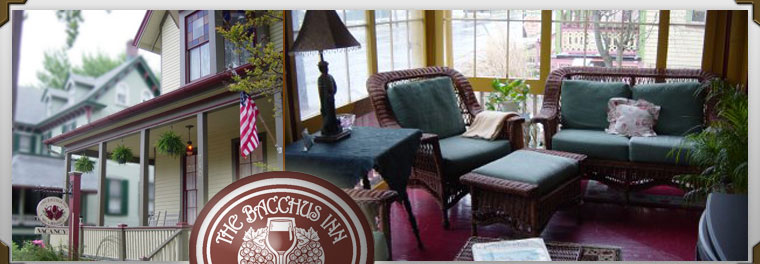Several blazed trails lead visitors to various pond, coastal dune, marsh and forest habitats of the park where wildlife can be viewed from observation platforms. This natural area is significant along the East Coast for its resident and migratory birds and includes habitat suitable for northern and southern species of fauna and flora.
Cape May Point is known as a major migratory route. Many sea/shore birds and songbirds migrate through this area in the spring. At the end of the summer, Dragonflies and Monarch Butterflies migrate through the area stopping briefly to gain their strength before continuing their journey across the Delaware Bay. Cape May also hosts the annual migration of the Horseshoe Crab along the Delaware Bay, where they come ashore to lay their eggs. These protein rich eggs are an important food source for Ruddy Turnstones, and Red Knots. Cape May is viewed by many as the premier Hawk migration route of North America. In the fall hundreds of hawks are counted as they pass the narrow corridor of land along the Cape May peninsula heading south. This offers birdwatchers of all ages the opportunity to see these beautiful birds in flight as they soar across the fields and meadows, on their southward trek across the Delaware Bay.
Piece from Dept of Environmental Protection
http://www.state.nj.us/dep/parksandforests/parks/capemay.html
If you enjoy birding then Cape May is a wonderful place to visit. Birders come from all over the world to visit Cape May and witness the spring and fall migrations. Tweeter’s from England visits in great numbers. For many of these visitors the holiday or vacation is a little longer. Cape May Bed and Breakfast, like the Bacchus Inn, cater to these bird watchers. If you are looking for accommodations in Cape May try the Bacchus Inn at 609.884.2129 or check us out online at:




